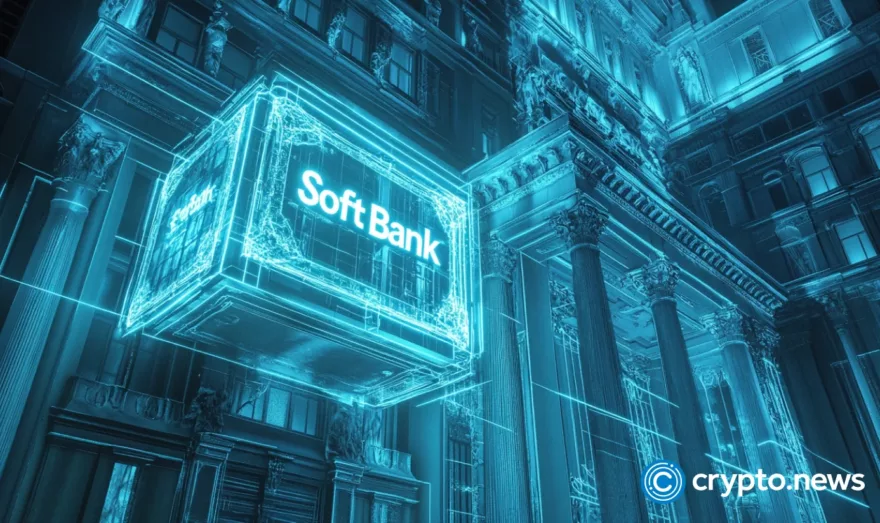Inside Cboe’s Bitcoin ETF Plans

Months after announcing the industry’s first Bitcoin futures, Cboe Global Markets (Cboe) now aspires to become the first to list a Bitcoin exchange-traded fund (ETF). While the company still has to get a final nod from the U.S. Securities and Exchange Commission (SEC), speculative reports are suggesting that it’s only a matter of time till Cboe succeeds in persuading the watchdog.
Can Authorities Be convinced?
Of course, the SEC can be negotiated with, and possibly will be persuaded to let Cboe and others list Bitcoin ETF. However, the regulators have so far exercised every precaution they could muster to steer clear of any hasty decision.
In fact, on a closer look, the SEC seems wary of the very concept of introducing crypto to the masses with an ETF. Last week, it postponed a decision on the issue, temporarily dismembering all efforts to have the fund from VanEck Associates Corp. and SolidX Partners Inc. listed on Cboe.
Before that, the SEC had outright rejected an ETF proposal by the Gemini Trust Co., a decentralized exchange owned by famed (or damned, depending on your worldview) entrepreneurs Tyler and Cameron Winklevoss.
Based on the SEC’s official stand on the issue, the agency seems wary of the prospects of rogue and influential elements manipulating the unregulated crypto market if Bitcoin ETFs are allowed without a rigorous screening of possible loopholes.
Note that it’s been a while now since Cboe has been pushing for the listing of Bitcoin ETF on its platform. In a letter to the SEC earlier March 2018, Cboe urged the SEC “to approach Cryptocurrency ETPs [exchange-traded products] holistically and from the same perspective that it has historically approached commodity-related ETPs.”
The letter added that the SEC should factor in Cboe’s commitment towards addressing its concerns over Bitcoin ETF proposals and “should not stand in the way of such ETPs coming to market.”
While we could be still months away from hearing SEC’s final call on the issue, Cboe is unlikely to give an inch to its competitors considering the tremendous benefits it could pocket by being the early mover.
Paving the Way for Bitcoin ETF
Note that Bitcoin’s first foray into the mainstream market began in December 201y when Cboe and CME Group Inc. started offering futures contracts pegged to the world’s most popular crypto asset. And now, more than half-a-year later, one shouldn’t be surprised to see if Bitcoin ETFs are not pegged to the underlying currency, but to Bitcoin futures products.
“Having the underlying futures come to market first, prior to an ETF, I think you have a healthier, more mature market,” said Cboe chief executive Chris Concannon, in a conversation with Bloomberg.
“The problem with a futures-based ETF is, what is the right level of liquidity? It’s never been tested before.”
There is no doubt that trading volumes in the futures are considerably lower in comparison with contracts associated with commodities like oil or gold. But according to some analysts, waiting for more liquidity to introduce an ETF could manifest in a serious conundrum. After all, an ETF would necessarily lead to a spike in trading volume in futures, resulting in more liquidity. But ironically, the lack of sufficient liquidity is one major factor why SEC is postponing (or rejecting) ETF applications at its disposal.















